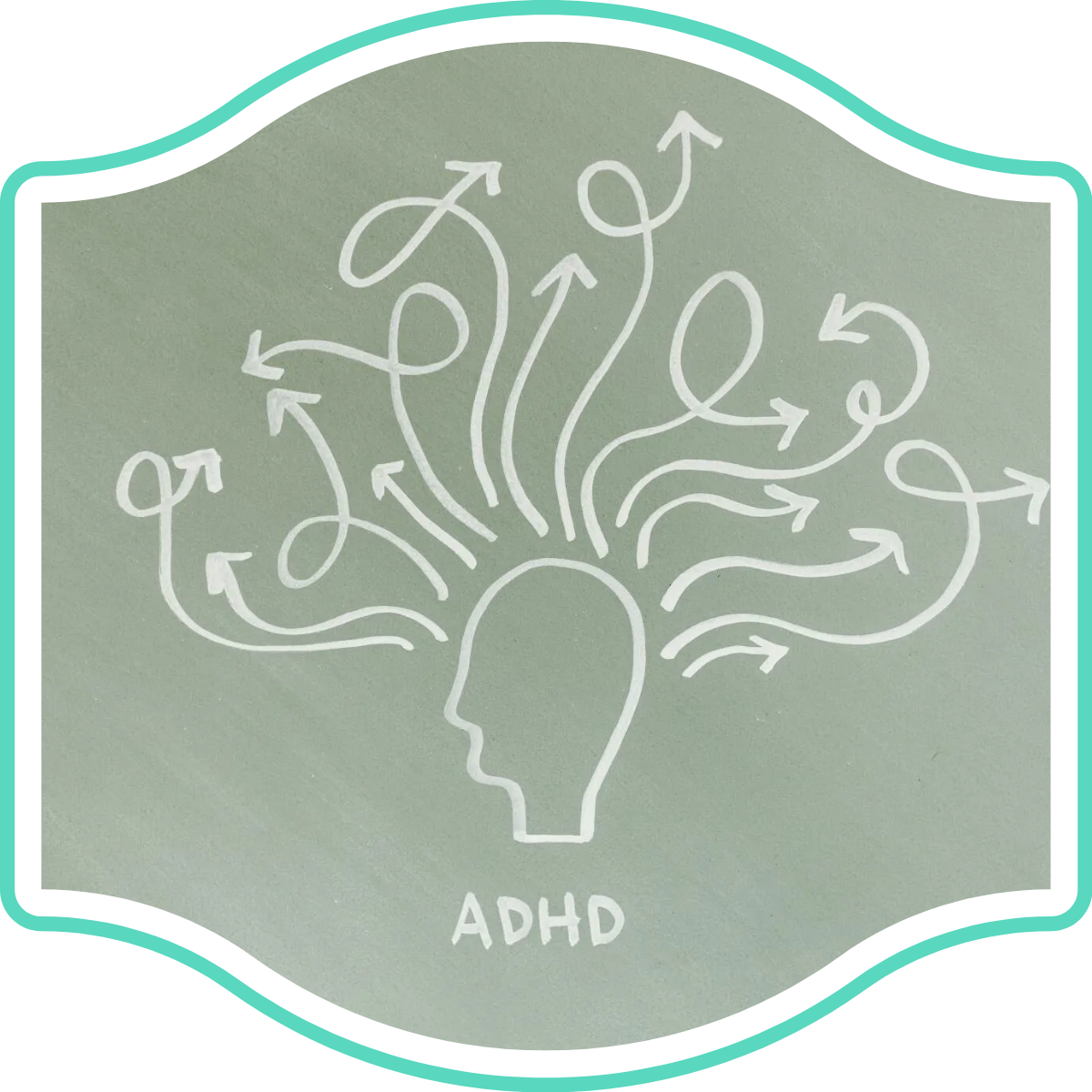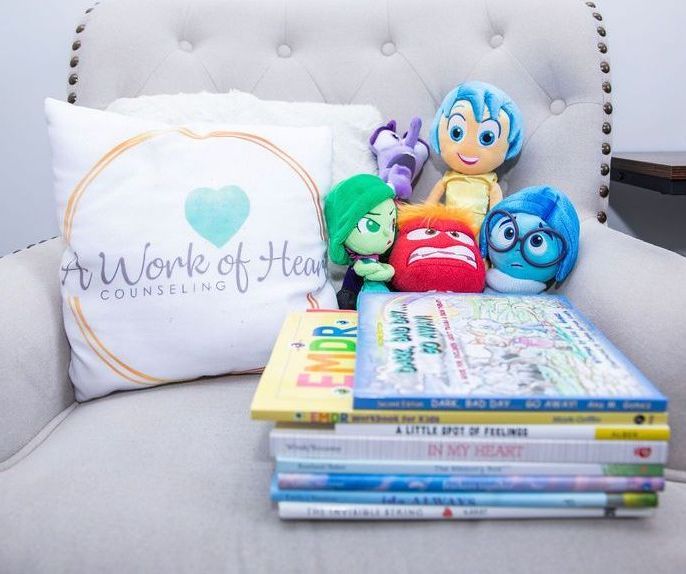Targeted ADHD Counseling Services for Management and Support
Discover our ADHD counseling services, expertly designed for kids, teens, and adults to enhance focus, organization, and emotional well-being.

Empowering children and teens with ADHD to thrive
ADHD can impact individuals in a variety of ways - from difficulty focusing and sustaining attention, to executive functioning skills challenges and outbursts or intense behaviors.
Our clinicians utilize a skills-based approach and collaborative family work to help individuals, especially children and teens, navigate ADHD so that they can have healthier relationships and success in school.
How counseling for ADHD can improve your life..
Counseling for ADHD tailors strategies to unique brain functioning.
It enhances daily living and personal growth for those affected.
- Improves focus and attention
- Boosts organizational skills
- Enhances social interactions
- Reduces impulsive behaviors
- Strengthens self-esteem
- Fosters coping mechanisms
- Encourages self-acceptance
Resources we recommend to help with your healing journey
We've carefully compiled a list of resources, drawing from expert opinions and successful strategies, to address this and other mental health concerns.
Each resource is chosen for its effectiveness and reliability.

"provides a warm, empathetic and supportive environment"
"I would highly recommend Erin Smith at a Work of Heart Counseling. She provides a warm, empathetic and supportive environment to work through your perinatal journey and life transitions such as becoming a parent."
- Caitlin N.
Improve your wellness with our therapy team today!
Meet our wellness team now for a transformative and supportive therapy experience.

